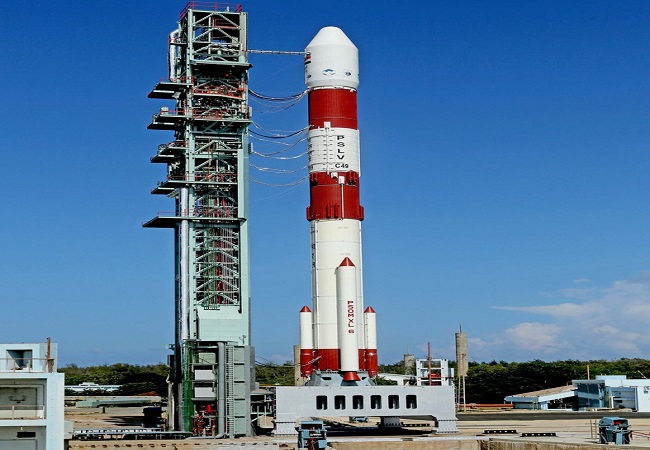Addressing his team of scientists, ISRO chief K Sivan said, “Today I am extremely happy to declare that PSLV-C49 successfully placed earth operation satellite EOS-01 as well as nine customer satellites precisely into 575 kilometer orbit.”
“Subsequent to this mission, the satellite started operating it’s own functions. The solar panel of the satellite also successfully deployed,” ISRO chief said.
Prime Minister Narendra Modi congratulated ISRO for the successful launch of PSLV-C49/EOS-01 Mission. In a tweets, PM Modi said
“I congratulate @ISRO and India’s space industry for the successful launch of PSLV-C49/EOS-01 Mission today. In the time of COVID-19, our scientists overcame many constraints to meet the deadline.”
EOS-01 is an advanced earth observation satellite whose synthetic aperture radar (SAR) has an all-weather and day-and-night observation capability.
It can also see through clouds. EOS-01 will be used for civil applications in agriculture, forestry, soil moisture, geology, coastal monitoring and flood monitoring.
The customer satellites include 4 each from the USA and Luxembourg and 1 from Lithuania with objectives ranging from multi mission remote sensing to maritime applications and technology demonstration.
This was ISRO’s first satellite launch since the onset of the Covid-19 pandemic , which has slowed down all space activities since March.
The last satellite ISRO had launched from Indian soil was PSLV-C48 which also carried a surveillance satellite, Risat-2BR1, on December 11, 2019.
Communication satellite GSAT-30 was the only ISRO satellite launched this year on January 17 but from the European spaceport in French Guyana.
After the PSLV-C49 mission, ISRO is targeting to launch PSLV-C50 mission carrying GSAT-12R communication satellite in December.

